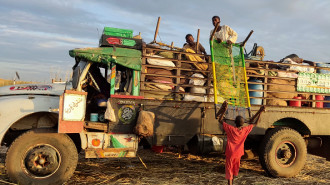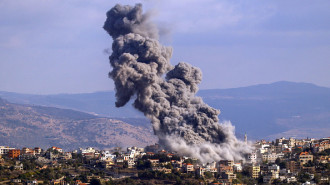Aid groups issue urgent appeal for Yemen funds
Nearly 200 aid groups appealed on Monday for funds to bridge a $2.3 billion shortfall in assistance for war-torn Yemen, warning of potentially "catastrophic consequences" for the Arabian Peninsula's poorest country.
A joint statement from 188 humanitarian organisations, including several UN agencies, warned that 18.2 million people - more than half the population - were in need of help after nine years of war between Houthi rebels and a Saudi-led coalition.
Their appeal came a day before a meeting of high-ranking EU officials in Brussels to discuss the aid programme for Yemen, which is suffering one of the world's worst humanitarian crises.
"Inaction would have catastrophic consequences for the lives of Yemeni women, children and men," the statement said, calling Tuesday's meeting a "critical moment".
"The humanitarian community appeals to donors to urgently address existing funding gaps, and provide sustainable support to enhance resilience and reduce aid dependency."
Yemen has been gripped by conflict since the Iran-backed Houthis overran the capital Sanaa in 2014, triggering the Saudi-led military intervention in support of the government the following year.
Hundreds of thousands have died in the fighting or from indirect causes such as a lack of food, the United Nations says.
Hostilities slowed considerably in April 2022, when a six-month, UN-brokered ceasefire came into effect, and they have remained at a low level since.
In-depth: The rise of two rival economies has had a severe impact on the cost of products and services
— The New Arab (@The_NewArab) May 2, 2024
How the Houthis' alternative economy is worsening Yemen's humanitarian crisis ⬇️https://t.co/eZIjHMKZw9
But only $435 million of the $2.7 billion called for in Yemen's 2024 Humanitarian Response Plan requirement has been raised, the aid groups said, warning of threats including food insecurity, cholera and unexploded ordnance.
"Underfunding poses a challenge to the continuity of humanitarian programming, causing delays, reductions and suspensions of lifesaving assistance programmes," it said.
"These challenges directly affect the lives of millions who depend on humanitarian assistance and protection services for survival."
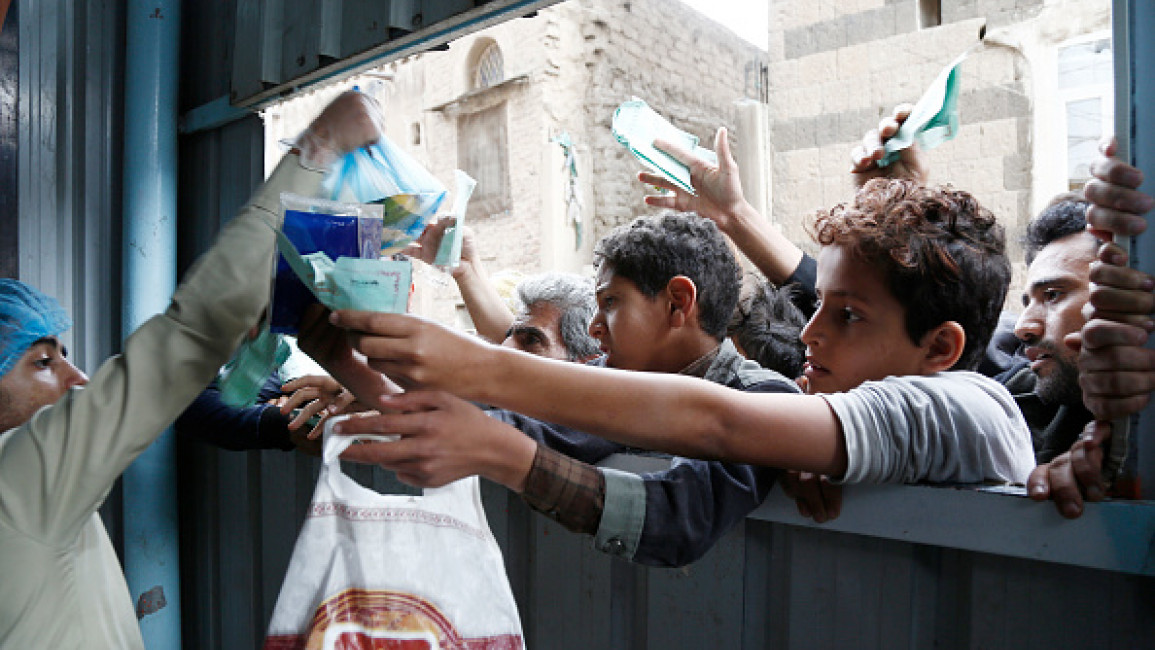
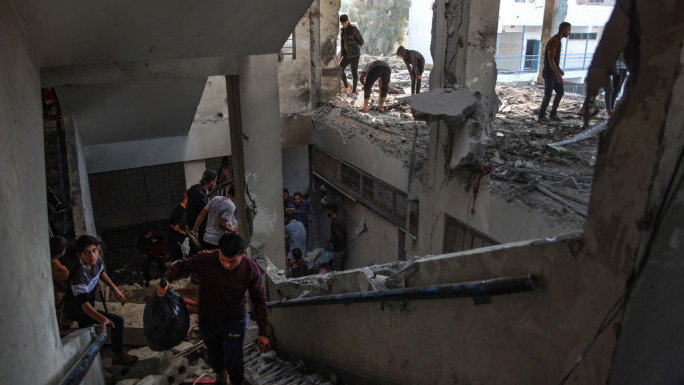
![President Pezeshkian has denounced Israel's attacks on Lebanon [Getty]](/sites/default/files/styles/image_684x385/public/2173482924.jpeg?h=a5f2f23a&itok=q3evVtko)

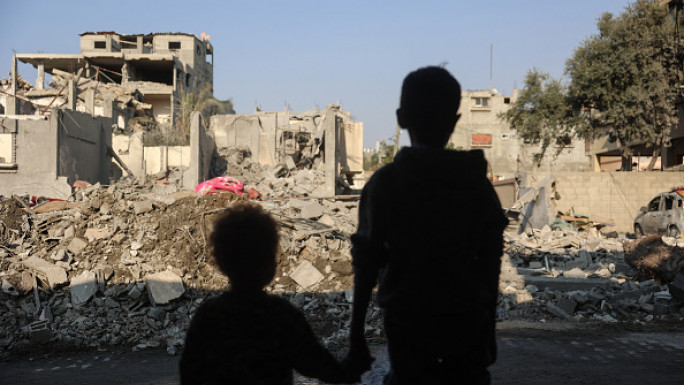

 Follow the Middle East's top stories in English at The New Arab on Google News
Follow the Middle East's top stories in English at The New Arab on Google News

